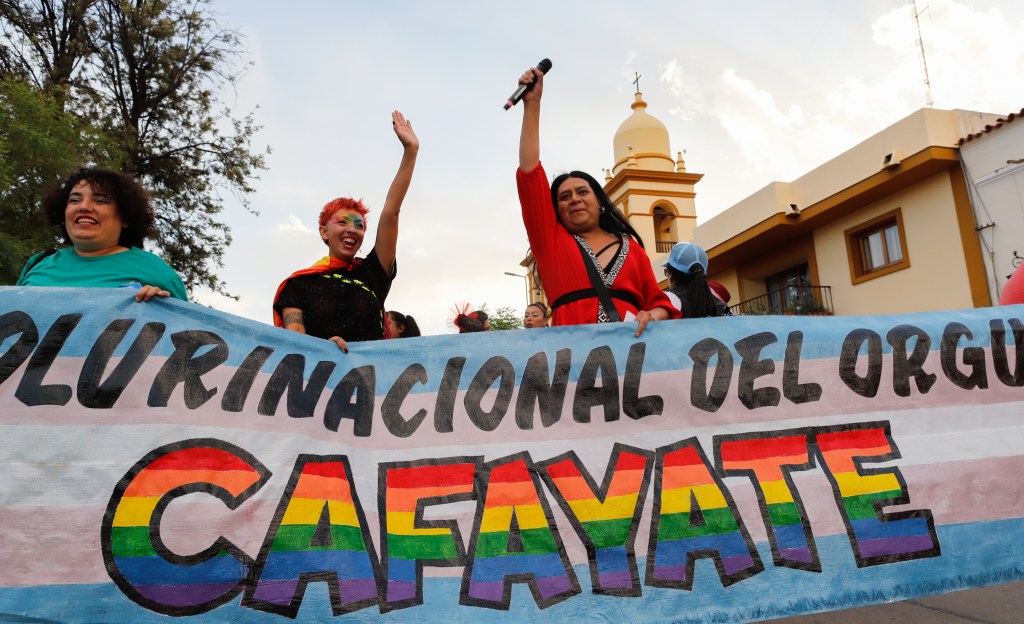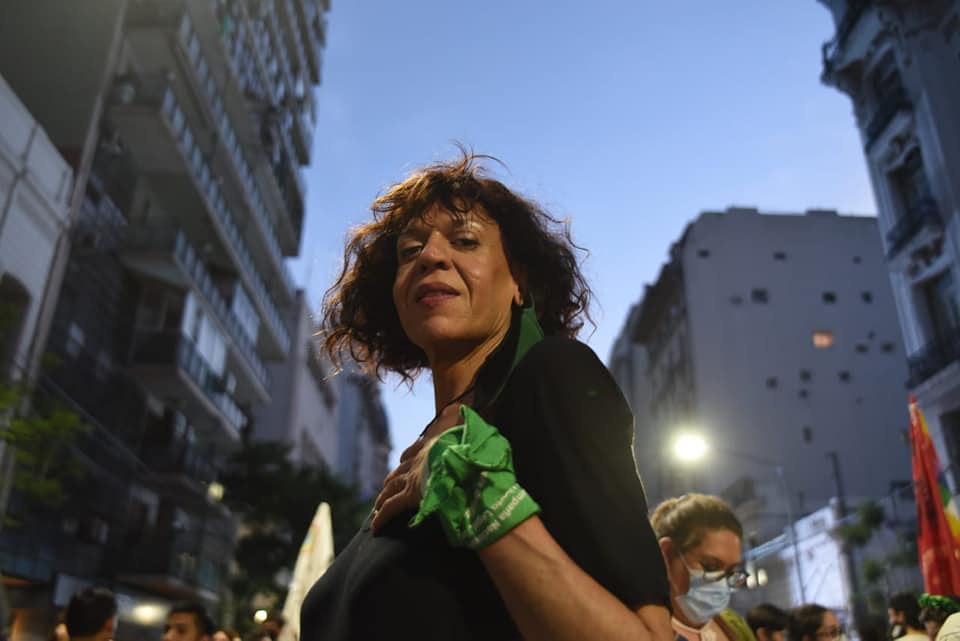We want to use this post to talk about Comunicar Diversidad (Communicating Diversity), a Wikimedia Argentina project looking to connect the worlds of Journalism and the Wikimedia movement. While it might sound like a simple goal, once the project started taking form we had to face and reflect on a few situations that we’d like to share from Wikimedia Argentina.
In 2023 we celebrated the second edition of Comunicar Diversidad, and the third one is coming up, working along with Periodicas Santa Fe and La Nota Tucumán (local media outlets in Argentina). This is in essence, a workshop aimed at journalists and small media outlets, in which we share tools to improve the usage of Wikimedia platforms in their journalistic practice. What we set as our goal was to forge links between collaborative projects.It is in that sense that, besides teaching how to use Wiki tools for journalists, we also discussed with assistant on how their journalistic products can aid in improving contents across Wikipedia, Wikimedia Commons and Wikidata, particularly when it comes to gender-, sexuality- and geographical gaps in the Wikimedia universe and the internet at large.
In 2023 we hosted 35 people in this workshop. At the end of it, participants can apply for funding on particular projects. This year, we selected 4 projects to fund: Historical Reparations for Argentinian transvestite-trans people, by Pilar Cabrera;, Pride dances huaynos and carnavalitos, by Gastón Wahnish and Anuka Fuks (LatFem), Adapted sports: revelation of Argentinian athletes’ profiles, by Melisa Gabbanelli; and LGBTT+ Icons in Argentina, by Valeria Tellechea and Sofía Espul (Furias magazine). These projects had 4 analogues who donated over 30 high-quality images of underrepresented Argentinian communities to Wikimedia Commons.
We focused on the LGBT+ community from a historical and geographical perspective. We also worked alongside leading Argentinian athletes with disabilities. Last but not least, these projects produced over 15 journalistic articles and interviews so that the memories of these communities would be preserved, both in the past—through the recovery of figures and processes—as well as to the future, building what we like to call the “archive of the future”.

Third Plurinational Pride March at Cafayate. Author: Dafna Marina Alfie. CC-BY-SA. Available on Wikimedia Commons.
Archives of the Future to democratize information access
With Comunicar Diversidad, we wanted to start building an “archive of the Future” of the underrepresented communities of our country. This idea, borrowed from Periódicas—a collective of feminist journalists—is our way of rethinking how we build knowledge. At Periódicas, they suggest traditional journalism to dispense with the “what is news” logic and use their time to build profiles and articles on relevant people and significant events for the underrepresented communities, to begin the narratives of that which we will see in the future as an archive. To us, this proposal seems helpful when creating strategies to reduce gender-, sexuality- and geographical gaps in Wikimedia.

Marlene Wayar. Author: Valeria Tellechea. CC-BY-SA. Available on Wikimedia Commons.
While we’re still learning how to build Archives of the Future, we’re also recovering those memories and stories that hadn’t been properly told before. It’s all about bringing attention to the silences surrounding underrepresented communities and building alliances to recover those stories. These are only a few of the results created while working with journalists and small media outlets in 2023:
- El orgullo de ser indígena y LGBT+ (The Pride of being Indigenous and LGBT+): chronicles the Third Plurinational Pride March of Valles Calchaquíes, Salta, Argentina. Written by Anuka Fuks, Gastón Wahnish, and Milagro Mariona for LatFem.
- Reparación travesti trans en Argentina: logros y testimonios de sobrevivientes (Transvestite-Trans Reparation in Argentina: accomplishments and testimony of survivors): chronicles the struggles when trying to create an Economic Reparation Act for trans- and transvestite people who lived through the last military dictatorship in Argentina, as well as the first years of democracy. Written by Pilar Cabrera for Agencia Presentes.
- Seguir siendo una en muchas (Continuing to be one in many): Interview with and profile of Mónica Santino, leading football player in Argentina. Written by Nadia Beherens for Revista Furias.
Comunicar Diversidad will come back in April 2024 and it’s aimed at journalists and small media outlets in Argentina. If you’re interested in participating, please write an email to comunidad@wikimedia.org.ar

Can you help us translate this article?
In order for this article to reach as many people as possible we would like your help. Can you translate this article to get the message out?
Start translation